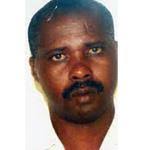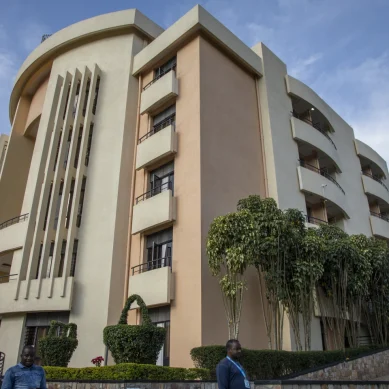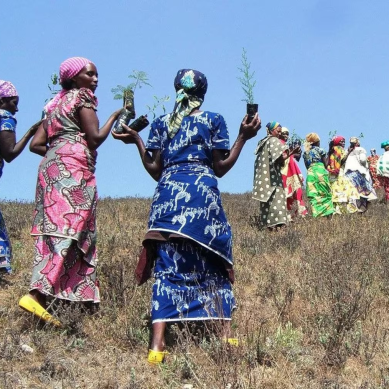
The United Nations Mechanism for International Criminal Tribunals (MICT) has turned its focus on Fulgence Kayishema, a suspected Rwandan genocide perpetrator who it believes is in South Africa.
This was revealed on Wednesday by MICT chief prosecutor Serge Brammertz after his crack team established that another genocide fugitive, Phénéas Munyarugarama, 74, had died of “natural causes” in the Democratic Republic of Congo in 2002.
“My office is now fully focused on accounting for the final four fugitives who remain at large. Our main priority now is Fulgence Kayishema, who we previously located in South Africa,” he said.
Kayishema, 62, was the inspector of the judicial police at the time of the genocide. He allegedly ordered the killing of Tutsis inside Nyange church and brought fuel for use by the militia to burn down the church. An estimated 2,000 civilians died in this attack alone.
On December 11, 2019, Brammertz wrote to President Cyril Ramaphosa revealing his displeasure about South Africa’s lack of co-operation in arresting Kayishema.
In the letter, he said, “I deeply regret South Africa’s longstanding failure to execute a Mechanism Arrest Warrant. Since my office was officially notified in August 2018 that one of the fugitives has been located in South Africa, I have endeavoured to work with South African authorities to secure the fugitive’s arrest.”
He also added that “South Africa provided changing reasons” as to why it could not act on the request to arrest Kayishema. In response, South Africa told MICT that it did not have the necessary legislation to execute the task.
As of Wednesday, it was three targets down within a month, and four to go after MICT announced its findings on Munyarugarama.
Munyarugarama was a lieutenant-colonel in the Rwandan Armed Forces (FAR). He was wanted for genocide, rape and other crimes against humanity.
The discovery of his death came a few days after the remains of another war crimes suspect and former Munyarugarama colleague, Potrais Mpiranya, were traced to a 2006 grave in Harare buried under the name Ndume Sambao.
- A Reuters report











